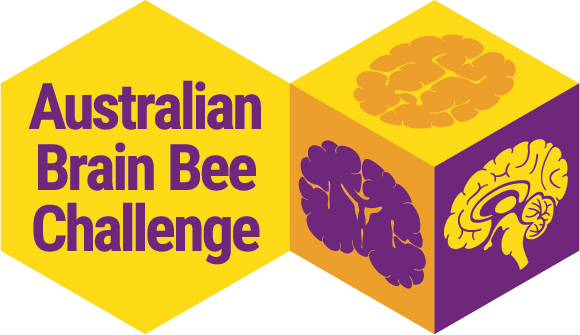You can help progress our research
You don't have to be a scientist to get involved with QBI. We offer a range of opportunities for everyday people to connect and progress our research and discoveries.
The foundation for all of our work is the funding we receive through a range of sources, including philanthropic donations from our generous supporters. There are many ways to give to QBI: directly, through planned giving, or holding fundraising events that entertain or challenge supporters as they dig deep to help us better understand the brain.
We also offer opportunities for students to learn directly from our inspiring researchers through lab placements, and for community members to tour our facilities and attend events. Finally, you can give one of the greatest gifts of all by volunteering for studies to advance treatments and diagnostics for brain diseases and disorders.
How you can support us
What your donations fund
Through your support you are helping QBI solve the major neurological health challenges facing our community today

World leading research

Brightest scientific minds

Solutions to global health challenges
Brain Research Endowment Fund
Find out more Donate to research
QBI’s Brain Research Endowment Fund supports scientists exploring the unknown, which will guide new research on finding cures for diseases or improving quality of life.
Community & school programs

Australian Brain Bee
The Australian Brain Bee Challenge (ABBC) is a competition for high school students in year 10 to learn about the brain and its functions, learn about neuroscience research, find out about careers in neuroscience and to dispel misconceptions about neurological and mental illnesses.
Participate in a research study
By being part of our human research studies you can make a valuable contribution to improving the lives of people living with brain disease and disorder.
Research in action
- QBI researchers have discovered that targeting amyloid plaque is not essential to improve cognition with ultrasound treatment in patients with neurodegenerative disorders.
- Researchers from UQ’s Queensland Brain Institute (QBI) have revealed the pivotal role played by Synapsin 2a proteins in orchestrating the organisation and mobility of synaptic vesicles within live neurons.
- Dr Rebecca San Gil has mapped out the proteins implicated in MND across the trajectory of the disease, identifying potential therapeutic pathways for further investigation.

